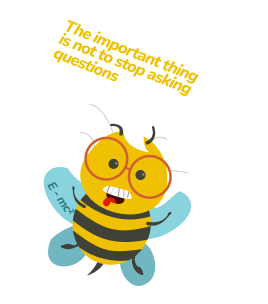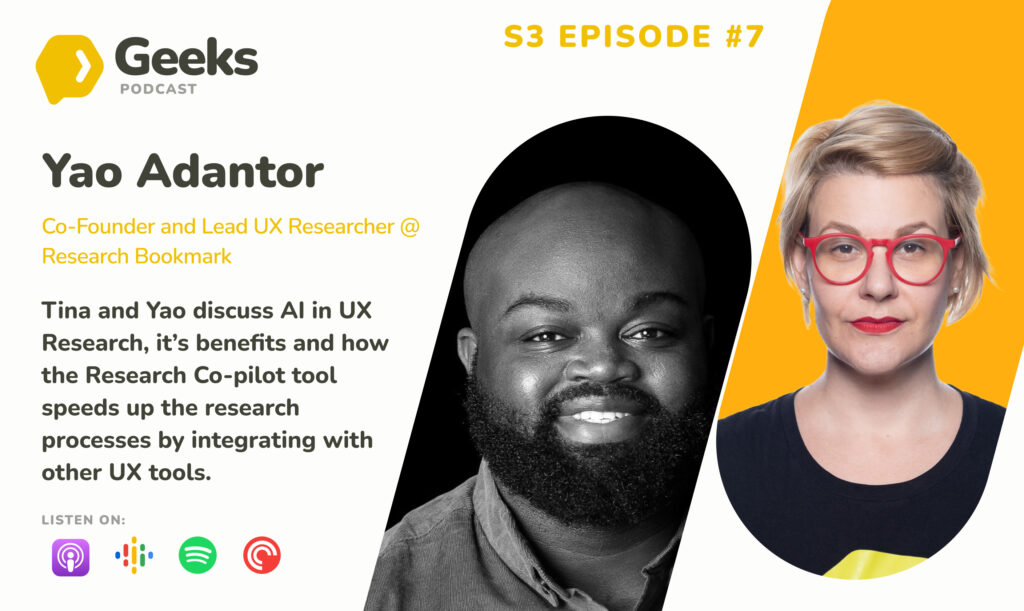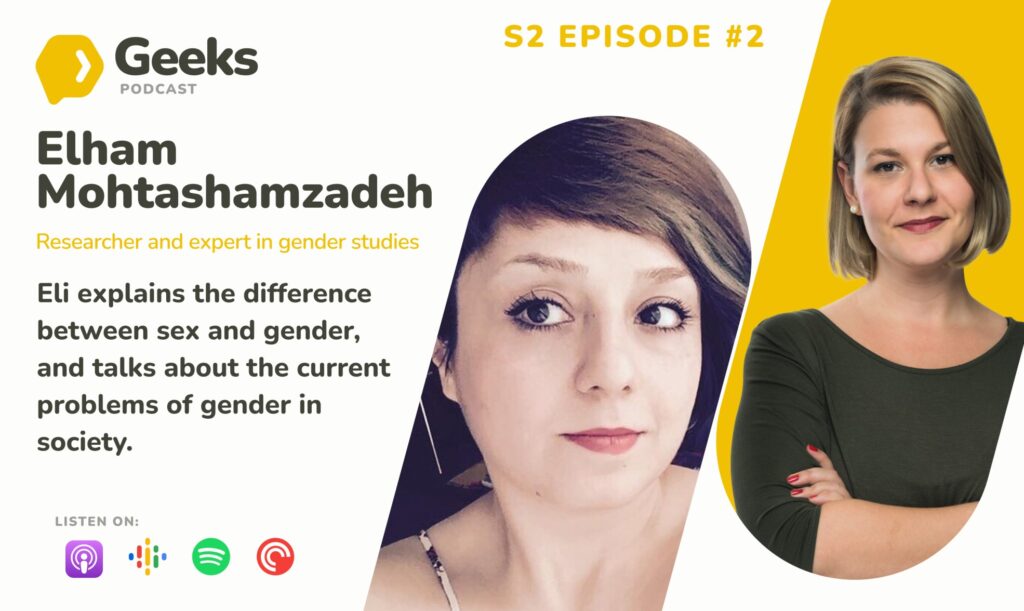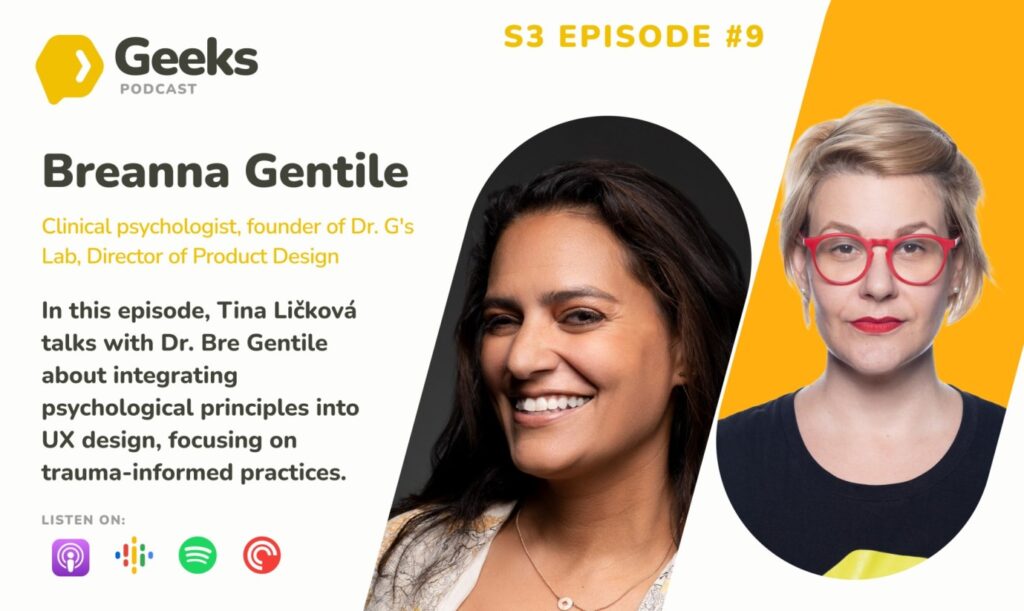Episode highlights
00:01:21 Favorite Research Experience
00:07:45 Proactive Research
00:11:14 Shifting Strategies Based on Research:
00:13:15 Key Takeaway from the Talk
About our guest Aurelia Alston
Meet Aurelia Alston, a Product Researcher with extensive B2C and B2B experience. Having worked with clients like Outreach, Nike, Amazon, and UserZoom. Currently at Los Angeles Times, Aurelia excels in people-centered mixed methods research and leading initiatives in both international and domestic markets, which enables her to make a difference in all kinds of businesses. She specializes in establishing scalable research practices and effectively analyzing quantitative and qualitative data. When presenting the results to the stakeholders, she draws on her background in applied psychology to communicate the ideas effectively. Aurelia is adept in traditional research methods, including A/B testing, usability studies, heuristic analysis, focus groups, and surveys, and she actively explores new research methods to address product development questions. Connect with Aurelia on LinkedIn to learn more about her work.
About uxcon Vienna
uxcon Vienna is a conference dedicated to UX Research and UX Design. It brings together professionals, experts, and enthusiasts in the field of UX to share knowledge, insights, and best practices. The conference is attended by both specialists from both Europe and the US, thus providing a great oppotunity for networking or professional exchange. Attendees can expect to learn about the latest trends and developments in UX research and design, gain practical skills, and connect with like-minded individuals. uxcon Vienna aims to inspire and empower UX professionals to create impactful user experiences.
Podcast transcript
[00:00:00] Tina Ličková:
Welcome to UX Research Geeks, where we geek out with researchers from all around the world on topics they are passionate about.
I’m your host Tina Ličková, a researcher and a strategist, and this podcast is brought to you by UXtweak, an all-in-one UX research tool.
This is the last episode of UX Research Geeks in the second season. And I have been talking to Aurelia, who is going to be a speaker at uxcon in September in Vienna. In this short special, you will have a chance to have a glimpse into Aurelia’s presentation at the conference, in which she’s going to talk on a pretty strategic level about Reshoot’s reaction to strategy shifts on how to spot these strategy shifts in companies.
And how to leverage research to large scale learning sessions in organizations.
What got me really interested is that you have such broad experiences from SAS, digital fitness, e-commerce, digital devices. What was your most favorite one?
[00:01:21] Aurelia Alston: It’s really hard to say if there’s a standout favorite. Each of them, I feel, has pros and cons and like really unique parts of the experience, and some of that is also the culture of the workplace, right?
And the business that it was associated with. I think my favorite experience as a researcher was probably a lot of my time in the fitness space Because so much of that is naturally tied to people’s lives beyond just a certain section of it, right? We get to learn so much about how fitness relates to how it fits into a schedule, but also how it relates to how someone feels about themselves, how it relates to their perception of other people and other people’s health.
And so it just connects to all these different things really naturally. And so that was. It’s just a really privileged time to be able to understand people’s relationship to health and fitness and like the diversity of that, but it’s so different for each person that probably stands out. It’s pretty high on the list.
[00:02:24] Tina Ličková: Yeah. It sounds like it because it’s actually incorporated in the whole life. The mindset that you, the mental models you have in the fitness and health management of yourself.
[00:02:33] Aurelia Alston: Exactly. Exactly, like how it relates to work and family and being an individual and friends and community. It connects to all of those things.
[00:02:43] Tina Ličková: And now you work in L. A. Times, which also is fascinating for me because of the media, I have like few fields that I never work. With or very, just very superficially and media and new media is something that I’m super interested in. So how is that for you?
[00:02:59] Aurelia Alston: Yeah. So it’s very new to me. I’ve only been there, I think less than two months now or about two months.
I’m just wrapping up my first study. And really a big part of that role is setting up the research practice and the research discipline. And trying to figure out the best approach to what that digital product needs. And what we need to learn from our consumers for that type of product. But so far it’s very, I feel it becoming very similar to the fitness experience, right?
Where people, the way that the news media has changed over the last decade, since the implementation of more technology, the way that politics is playing such a large role in people’s mental models in a way that it didn’t 40 or 50 years ago, necessarily. All those things, so far, are making it very fascinating.
And again, I think so much of what is compelling about getting to work in this industry is that people share so much of their lives with us as researchers. It’s like such a huge privilege to be able to learn about people’s connections to these things. And I think news media is another one where even in the one study I have conducted so far, hearing about people’s lives and experiences as they connect to both large news, current events, but also really specific little small local papers and what that means to them and their history with them is very special.
[00:04:33] Tina Ličková: And you, what you just said, those are very big, complex topics. And you are coming to Vienna in September for the talk uxcon, where you’re going to talk about also very complex.
And I like the nature of where you’re going. You don’t like easy things, don’t you?
[00:04:53] Aurelia Alston: I wish I did, but no, I don’t. Yeah.
[00:04:56] Tina Ličková: Fully get that wish, but it won’t happen.
[00:04:57] Aurelia Alston: I imagine you’re the same.
[00:05:00] Tina Ličková: Yeah. Yeah. But I really like that you are going into this big complex topic and that you are thinking on how to leverage past research into large scale learning sessions. So what is this going to be about?
What are you, what is your message in that?
[00:05:15] Aurelia Alston: So I think a big part of my message is around How I think as a discipline, as a research discipline, at least in my experience over the course of 10 years, all these tools that we have gathered and have been produced to serve research within an organization and insights has also made it easier for us to look across studies longitudinally and see what insights validate each other or what new learnings we have when we take on a new, more discreet topic.
And one of the things this talk will focus on is that- when there are large strategy shifts in an organization, that sometimes are sudden because of the economic environment, right? You might have an organization that has gone from having different squads focused on really different types of consumers or end users.
And suddenly there might be a focus on one type of end user or consumer. And so quickly, a large number of people need to get up to speed, at least to some level on those end consumers, what their needs are, what their pain points are, what their mental models are, all of those things. And in order to do that efficiently and effectively, when we have that data, it’s about creating a narrative that basically is high level enough, the people that are brand new to it can understand when in the course of 90 minutes, the key points they need to learn about people, but also detailed enough that folks that have some experience with that end consumer can still get value from it. And some of that is not just in finding the insights and telling the story, but also how you set up those sessions.
For example, we experimented with having a panel where people could just pop in questions that they might usually be uncomfortable asking if it was like a research readout, a formal research readout, and they could think about their questions for a few days before we even started, and they could write them anonymously.
And then the expert panelists could answer them and could be honest and say, you know what, we don’t actually feel really confident in this answer. So we’ll go back and look, or actually we’re going to be working on that and some research upcoming. Or we could be really informal and in ways that certain details wouldn’t come into a report, a formal research report or readout in the past, we could also speak to that moment and make people feel a little bit more confident in some of the choices they were making.
[00:07:45] Tina Ličková: I got a little bit confused by the name of your talk with, there’s also a little bit about the repositories. So it’s not actually going in the direction when somebody pops out with a typical question, do we have something on? That it’s going way beyond how we actually learn from it to make it as accessible as possible.
[00:08:05] Aurelia Alston: Yes. And it was, it’s proactive, right? It’s not actually waiting for anybody to necessarily come to us and say specifically, but realizing that, Oh, the business has completely changed its strategy and there is a need. That a lot of our collaborators have that we can address proactively by saying, Hey, let’s get you up to date on what we do know about these folks and make sure that you have a space where you can answer questions that you might be bashful about asking because maybe they feel really basic to you, or you can ask them in a way that connects to what you’ve heard other colleagues suddenly ask. You might have a little bit more information about those users. Because they’ve been working with them for a longer period of time.
[00:08:54] Tina Ličková: When I was working in a company a year ago, I was trying to explain to my colleagues what I mean with holistic and proactive research that is just not reactive to people coming in.
But I really like the component of flexibility from what you’re seeing from the side of researchers. That’s a very specific mindset. What makes you flexible to the business strategy, to the needs? Because even spotting it, it’s not easy. How do you do it?
[00:09:21] Aurelia Alston: It’s a great question. I think it’s, some of it is as a researcher, we are very used to picking up on nonverbal cues even.
I think when I sit in leadership meetings or strategy meetings, I start to pick up on vocabulary changes people are using, right? Or how much airtime certain questions or consumers are getting in those conversations and that changes over time. I think in other cases, I think in this case that for the kind of the use case I’m, or the case study I’m thinking about for uxcon Vienna. That was a little bit more obvious because it was like, okay, as a business, there’s going to be this strategy shift and in working with the other or seeing other teams talk about their strategy shifts, the product team, the design team, it was much clearer right in that moment that there would be this shift.
But I think in other times as researchers. We are flexible in listening really well and just picking up on how people are rethinking their priorities. And I think some of that is dependent on the organization. I think that’s easier when you have an organization that is doing. Really clear quarterly business reviews, and you can see it in the OKRs that people are using and get like a pretty clear story of what the priorities are when you’re in an organization that isn’t at that point, then it’s much more of okay reading between the lines where people talking about certain groups or certain questions they have, but apply across these different squads that they’re not talking to each other. So how can we, as researchers, be the ones that are hearing that in every place and realizing that there is actually this larger question hovering that nobody else can really see as well because they are focused on excellence in their area.
[00:11:14] Tina Ličková: Have you ever been, and what did it look like in a situation where there was a strategy shift and research showed? Okay, maybe the strategy shouldn’t be happening.
[00:11:25] Aurelia Alston: I can think of a time when, and I think the order maybe is similar, but there was a really specific hypothesis that the business had about investing.
And this is in an e-commerce and fitness space, and it was in a market that this organization didn’t have much experience in. It was in an international market that the organization had a lot of business experience in, but not a lot of experience deeply understanding the kind of typical consumer that they were looking to make a relationship with.
And we learned that essentially one of the biggest investments or strategies would actually degrade some of the trust that organization or that brand would make with the end user, because it was a space that they felt was a very different culture, they shouldn’t be speaking to. So in that case, the research, actually the presentation of the research and the data we had gathered the evidence for, actually shifted the leaders to move away completely from that strategy of getting people, giving people advice on a topic that they felt that organization shouldn’t be giving them, and instead they invested elsewhere. So I think we see that, I’ve seen that very regularly in research.
When you have the trust from your leadership, when it comes to research data and learnings, then product and design are really willing to say, okay, you know what, we should shift away from this and invest these resources elsewhere.
[00:13:04] Tina Ličková: What would be the, going back to your talk, the number one reason why to show up for your talk and be listening to it?
[00:13:15] Aurelia Alston: I think I’d sell it by talking about how we as researchers can go beyond thinking of ourselves as The ones who are the best facilitators and moderators and interviewers just for our consumers or customers, but also the best facilitators moderators for our colleagues zone learning agendas that maybe go beyond or across lots of different projects and we can be the ones to really storytell and lead when it comes to educating on the mental models, the needs, the pain points, the delights of our customers. Like we are very well positioned to do that. And there’s lots of fun ways to do that and to get people engaged. And I hope that’s what we’ll spend time talking about in Vienna.
[00:14:16] Tina Ličková: Great. Really looking forward to it. Thank you for your time. Thank you for introducing the talk to us. Yeah, Tina. And you are going to speak on the 13th of September?
[00:14:26] Aurelia Alston: I believe so. Yeah, that’s right.
[00:14:29] Tina Ličková: Yeah, very excited for it.
Thank you for listening to UX Research Geeks. If you liked this episode, don’t forget to share it with your friends, leave a review on your favorite podcast platform, and subscribe to stay updated when a new episode comes out.
💡 This podcast was brought to you by UXtweak, an all-in-one UX research software.
















